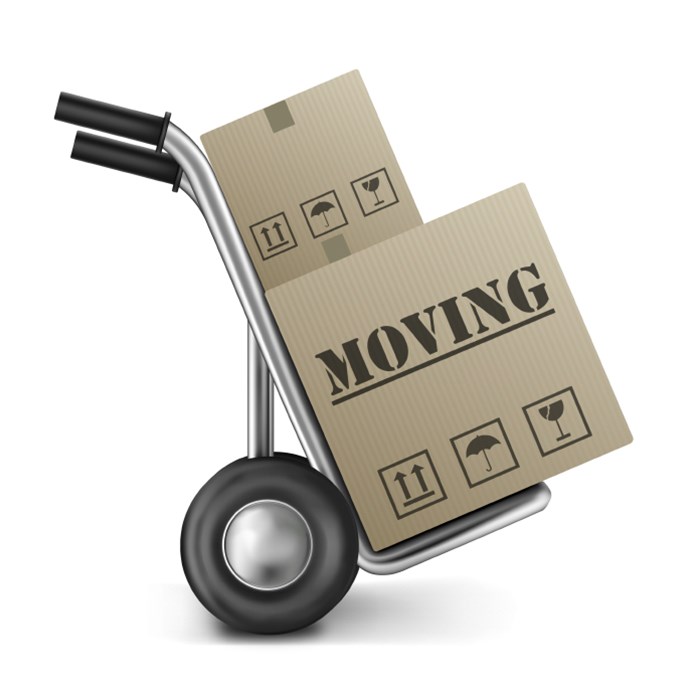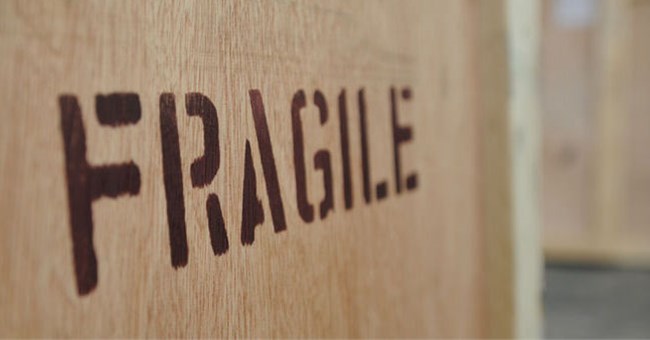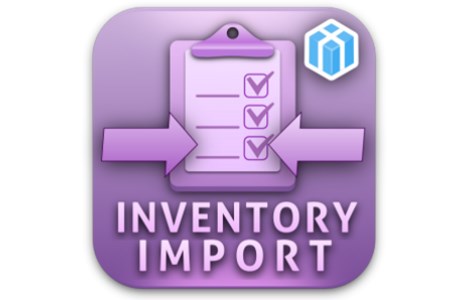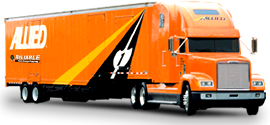
Misunderstandings often occur when the shipper (customer) is not well informed about valuation, coverage of personal belongings, inventories, the bill of lading, and exclusions for liability.
-Valuation refers to the “degree of worth” that you place on each personal item that the professional movers are handling. You will be asked to declare the value of your shipment and how much coverage you want in the event there is damage.
It is important to know that you are not purchasing insurance from the moving company, you are purchasing coverage, known as a tariff provision, based on the value, or valuation of your entire shipment. If you purchase additional coverage, such as Full Value Protection, you will be charged based on the value that you place on your shipment. If you don’t purchase any additional coverage, your moving company will only be liable for 60 cents per pound per item if it is damaged. To put it into perspective, if you have a radio that is destroyed and it weighs three pounds, the settlement you would receive would be $1.80.
Although it is NOT replacement insurance, purchasing full value protection gives the mover the option to:
1. Repair any damages to an item to its original state
2. Pay for such repairs
3. Replace the item with a similar one
4. Pay you directly for the replacement cost at fair market value

Now, it is important to understand how moving coverage works. Having full coverage insurance doesn’t mean that articles with minor damage (like a scratch) will be replaced. When something is damaged, the topic of what is repairable and what is not may become subjective. This is why it is imperative to thoroughly read and comprehend everything you sign. If you are unsure of something, ask your move coordinator to clarify. Make sure to understand the exclusions and limits of liability that is associated with the type of coverage you purchase.

-The term PBO means that the cartons are “packed by owner.” Since they have no control over the quality of the packing, moving companies do not cover items in cartons that they did not pack. So if you plan to do your own packing, make sure to use caution and the proper materials to prevent any damages. Furthermore, your mover won’t take any responsibility for items such as jewelry, china, fine arts or any such items of extraordinary value (value exceeds $100 per pound) unless a written agreement is set.
-Every licensed moving service provider must under Federal Law provide you with a ‘'Bill of Lading'’, which serves as a contract between the carrier and customers. You should pay attention to the clauses this contract imply as moving companies are by law given the right to limit their liability to a certain level. All the services with respective price rates that your mover provides you with have to be included in the Bill of Lading. Professional movers offer packing materials, labor, storage, and hoisting solutions along with the moving service. When you contact movers, let them know if there will be any obstacles for the truck to park at your place. Any additional service that the moving company provides for you must be included in the Bill of Lading.

-When you arrive at your new home, you will need to sign inventories. The inventory sheets list everything that was shipped. You will need to sign these documents at origin and at destination to make sure that everything was delivered. It is up to you to complete a walk-through, check off everything that has arrived safely, and note anything that is missing or damaged.
If something on the inventory sheet is not checked off at destination, tell the driver and take the time to locate it. Otherwise, if you sign the form without noting the missing or damaged item, you will not be eligible for compensation. You and the driver must agree on any lost items, cargo damage, or residence damage.
Subscribe to Reliable Van And Storage's Blog










Comments